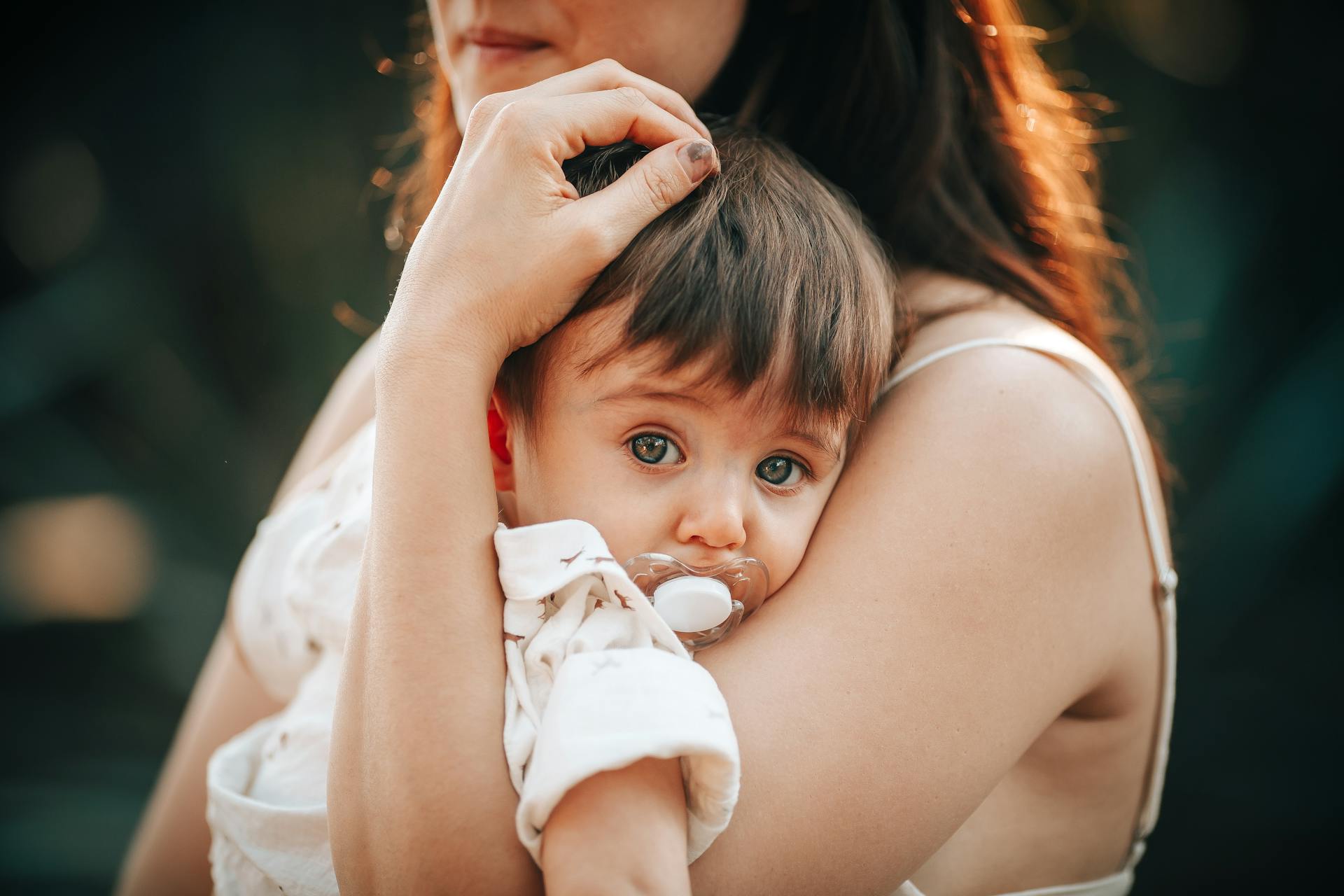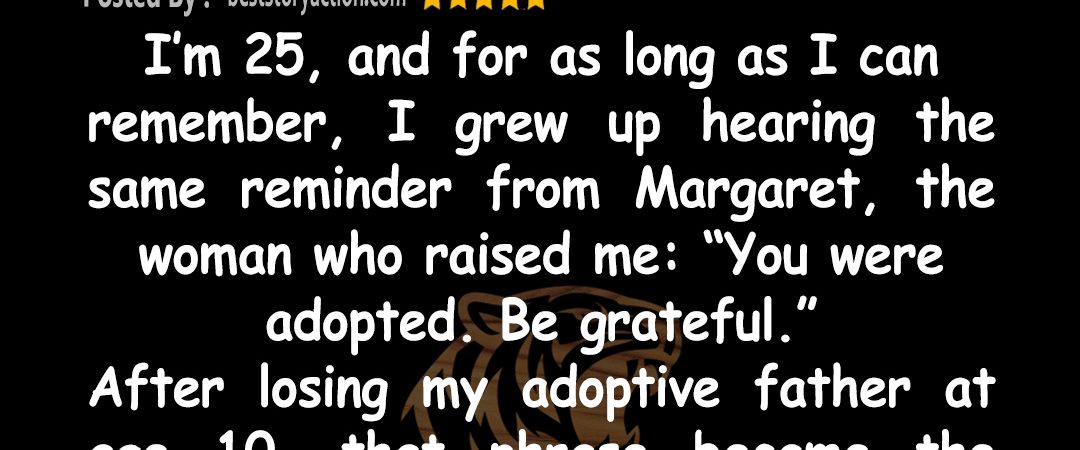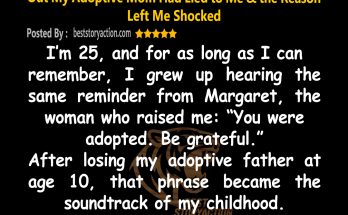I thought I knew where I came from. However, when I began searching for answers, I uncovered a family secret that no one had ever intended for me to discover. What I learned about my real mother changed everything.
I’ve never had a “normal” memory of childhood. No fuzzy flashbacks of warm cookies after school or lazy Sundays curled up with a smiling mom.
My name is Sophie. I’m 25, and I work at the front desk of a small physical therapy clinic in Tacoma, Washington. It’s not glamorous, but it pays the bills and keeps me distracted for the most part.
I read mystery novels to calm my nerves and bake late at night because recipes make more sense than people. I never understood why I felt so out of place until everything I thought I knew about my life came crashing down.
Growing up, I carried one truth like a scar across my chest: “You’re adopted. You should be grateful I saved you.”
That’s what Margaret always told me.
She was the woman who raised me. I never called her “Mom.” Not once. Even as a kid, the word didn’t fit her. She wore beige skirts, kept her house spotless, and spoke like someone rehearsing lines in a play. Her hugs were stiff and rare, like she was scared they’d somehow mess up her perfectly ironed clothes.
Margaret was never violent. But she wasn’t kind either.
Everything about her felt cold. Calculated. Distant.
She ran the house like a business and treated me like a charity case she wished she had never taken in.
My childhood felt like I was a guest in a stranger’s home, walking on eggshells, too scared to breathe too loudly. There were no bedtime stories. No “I love yous.” Just rules. So many rules.
But her husband, my adoptive father, was different. His name was George. He had kind eyes and deep laugh lines that creased even more whenever I messed up a math problem. He’d smile and say, “Good thing I’ve got a calculator for a brain.”
George made me feel seen. He was the one who taught me how to ride a bike on the cracked sidewalk out front. He’d pick dandelions and tuck them behind my ear. I remember him rubbing my back when I had the flu in fourth grade, whispering, “Don’t worry, honey bun, I’m right here.”
But when I was ten, he died of a heart attack. No warning. One moment, he was pouring cereal; the next, he was on the floor.
After the funeral, it was like someone switched the heat off in our house.
Margaret didn’t cry. She didn’t speak much. She just… hardened.
No more back pats or quiet meals in front of the TV. No softness. No warmth.
She didn’t hit me. She didn’t scream. But I swear the silence was worse. Like I was living with a ghost who kept the lights on and the fridge stocked, but nothing else.
She stopped hugging me. Stopped saying goodnight. She barely looked me in the eye.
And she never let me forget I wasn’t really hers.
When I once asked if I could join ballet like the other girls, she stared at me and said, “You could’ve been rotting in an orphanage. Remember that and behave.”
She said it often, that same cold line, in front of anyone who could hear. Family, neighbors, even my fifth-grade teacher during parent-teacher night. Like it was just another fact about me, the way someone might say, “She’s allergic to peanuts,” or “She has brown eyes.”
Kids at school heard everything. And kids? They know exactly how to use words like knives.
“Your real family didn’t want you.”
“No wonder you don’t fit in. You’re not even from here.”
“Does your fake mom even love you?”

I started skipping lunch. Hiding in the library. I didn’t cry at school. Margaret hated tears.
At home, I learned how to blend in. I learned to be small, to be quiet, and to be thankful.
Even when I didn’t feel it.
By the time I was 15, I’d perfected the role of the “Grateful Adopted Kid.” I said thank you for everything, even when it stung.
But deep down, I felt like I owed the world a debt I could never pay off.
That was my life.
Until Hannah spoke the words I’d buried my whole life.
Hannah had been my best friend since seventh grade. She had curly blonde hair that she always wore in a messy bun and a laugh that made people feel comfortable instantly. She saw through me before I even knew I was pretending.
She never pushed. Just… stayed close.
That night, I stormed out of the house after yet another passive-aggressive fight with Margaret over the way I “rolled my eyes” during dinner.
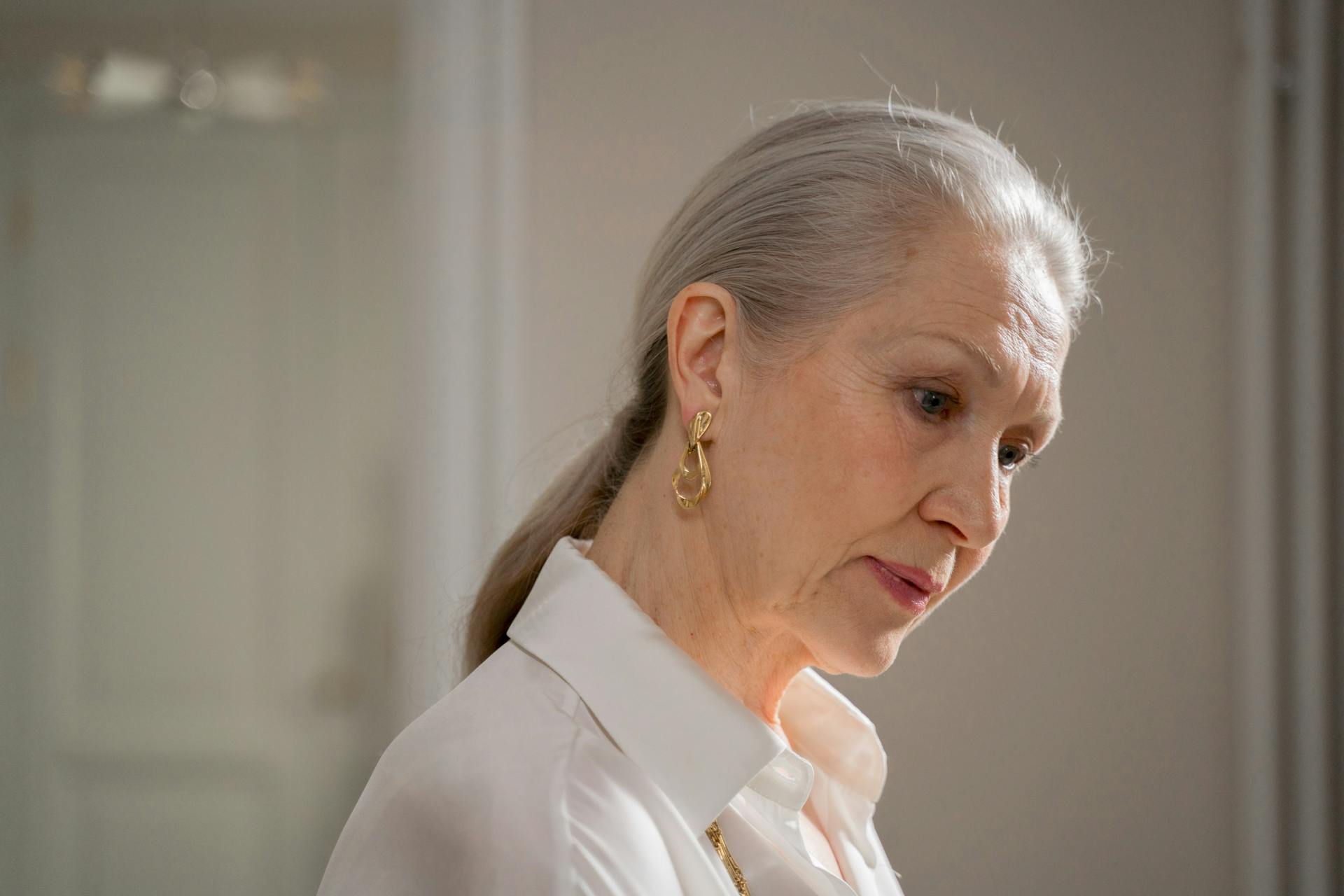
I didn’t even remember doing it, but she made a big deal out of it, saying I was disrespectful and spoiled. Again.
I didn’t say a word. I just grabbed my jacket and left.
Hannah lived just two blocks away. When she opened the door and saw my face, she didn’t ask anything. She simply stepped aside. I slipped off my shoes and sank onto her couch. She brought me tea, the cheap grocery store kind with too much cinnamon, and we wrapped ourselves in a fleece blanket that smelled like vanilla.
I repeated the words I’d heard all my life.
“You should be thankful I even took you in.”
She stayed quiet for a moment. Her fingers curled around the mug, and I could see her jaw tighten.
Then she looked at me, really looked at me, and said, “Soph… don’t you ever wonder who your real parents were?”
I stared at her. “What do you mean? Margaret told me she had adopted me from Crestwood Orphanage. She said it a hundred times.”
“Yeah, but have you ever checked? Like, actual proof? Papers? Anything?”

My mouth opened, then closed. “No, I just… I mean, why would I? She’s always been clear about where I came from.”
“Sophie,” she said, her voice softer, “what if she’s lying? What if there’s more you don’t know?”
My stomach twisted. “Why would she lie?”
Hannah leaned closer. “I don’t know. But doesn’t it bother you that you’ve never seen your own birth certificate? Never met anyone who knew you before Margaret?”
I didn’t sleep that night. I stared at the ceiling in Hannah’s guest room, feeling something crack open inside me.
It wasn’t just curiosity. It was this deep, rising need.
I didn’t actually know who I was.

A woman lying awake in bed | Source: Pexels
The next morning, the thought burned through my mind like fire.
I was brushing my hair in the bathroom when Hannah knocked on the door.
“We’re doing this,” she said. “You’re not going alone.”
I didn’t argue.
The drive to Crestwood Orphanage was silent. My heart was racing the entire way, as if it already knew what was coming.
The woman at the front desk wore thick glasses and had a kind voice. She asked for my name, then checked her computer, the paper files, and finally the old archives.
Her expression shifted from neutral to confused, then quietly sympathetic.
She looked at me and said the words I still hear in my sleep.
“I’m sorry, dear… we’ve never had a child named Sophie. Not ever.”
I felt the air leave my lungs.

A shocked woman | Source: Pexels
“No, that can’t be right,” I whispered. “Are you sure? Could it be under a different name? Margaret? Ms. Lane? She said she adopted me in 2002.”
She shook her head slowly. “I’ve worked here for thirty years. I’d remember.”
Hannah wrapped an arm around me as I stared at the woman’s face, trying to make sense of it.
But there was no sense to be made.
Margaret had lied.
And not just a little.
Everything I thought I knew about my life, where I came from, and who I was, had just crumbled into dust.
I wasn’t sad.
I was angry.
Betrayed.
And terrified of what I might find next.
Outside the orphanage, the air felt too thin. I stood there blinking, like the sun was too bright and the sky wasn’t the same one I had lived under just an hour ago. My whole life, all twenty-five years of it, suddenly felt like a lie wrapped in silence.

Grayscale photo of a depressed woman | Source: Pexels
Hannah didn’t say anything at first. She just watched me, her lips pressed together, eyes searching mine.
Then, gently, she reached out and squeezed my shoulder. “I’m coming with you,” she said. “Let’s confront her together.”
I wanted to say yes. God, I wanted someone to hold my hand through it and keep me from unraveling. But deep down, I knew this moment had to be mine.
“No,” I said, shaking my head. “This has to be between me and her.”
Hannah nodded slowly. “Okay,” she whispered, then pulled me into a hug. “Call me the moment you’re done.”
I held on to her for a second longer than I meant to, then turned and walked away.
The drive back home was a blur. My fingers gripped the steering wheel so tightly, they ached. Every red light felt like a test, and every turn was familiar but suddenly strange, like I was driving through a life that no longer belonged to me.

A woman screaming while driving a car | Source: Pexels
When I pulled into the driveway, my heart pounded in my chest like it wanted out.
I didn’t knock.
I walked in.
Margaret was in the kitchen, slicing something, carrots, I think. She looked up, surprised, but before she could say a word, I blurted it out.
“I was at the orphanage. There are no records of me. Why did you lie? Who am I?”
My voice cracked mid-sentence, but I didn’t care. I needed answers. I needed the truth.
Her eyes widened. She didn’t yell. She didn’t even deny it. Instead, her shoulders sagged like someone had just laid a thousand pounds across them.
She lowered her eyes, and to my complete shock, tears slid down her cheeks.
“I knew I’d have to tell you the truth someday,” she said quietly. “Sit down.”
She walked over to the dining table and sank into a chair like her legs couldn’t hold her anymore.
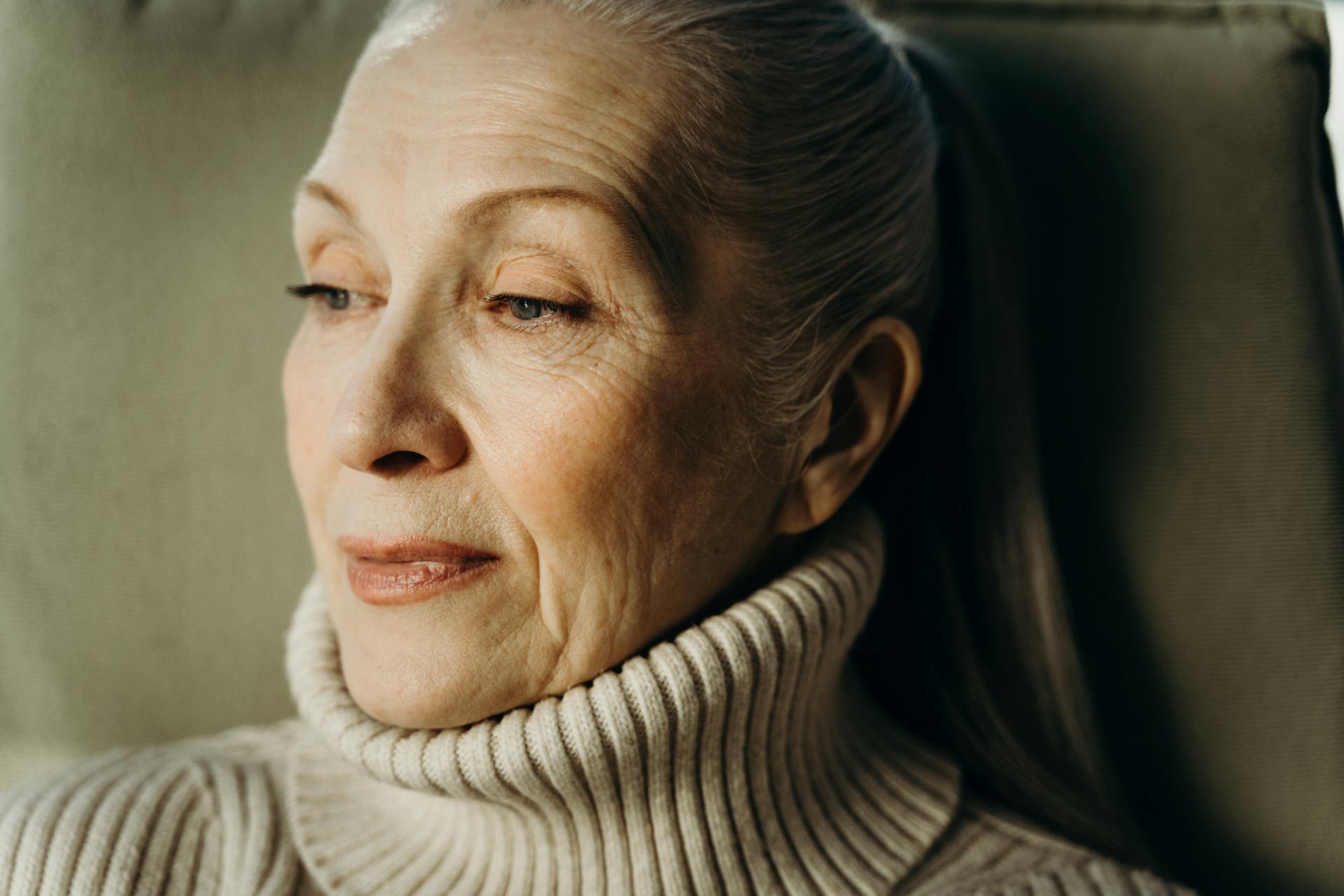
A senior woman looking sad and thoughtful | Source: Pexels
I didn’t sit. I just stood there, arms crossed, waiting. No, I was demanding the truth.
She was silent for a long time. I almost thought she wasn’t going to speak again. But then, in a thin, trembling voice, she said something that made my heart stop.
“Your mother was my sister.”
I froze. “What?”
“She got pregnant at 34,” Margaret whispered. “Right around the same time, she was diagnosed with cancer. It was advanced. Aggressive. The doctors begged her to start treatment right away, but she refused. She said she’d rather risk her own life than lose you.”
I could barely breathe.
“She carried you for nine months, knowing it might kill her,” Margaret continued, her voice distant, like she was reliving it in her mind. “She told everyone she didn’t care. She just wanted you to live.”
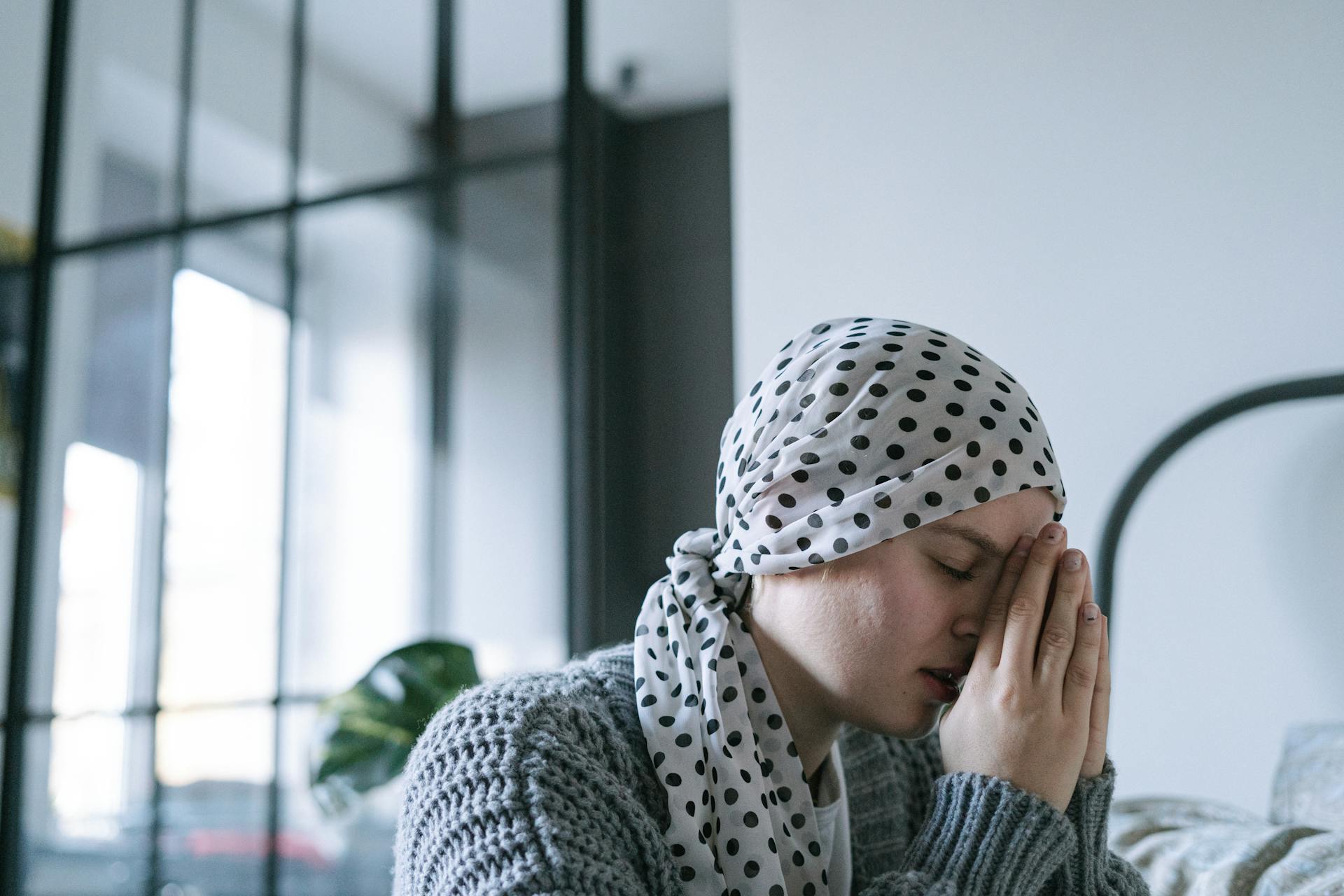
A sad woman wearing a headscarf | Source: Pexels
A lump formed in my throat. My hands trembled at my sides.
“But she didn’t make it through the delivery,” Margaret said softly. “There were complications. She died a few hours after you were born.”
I sank into the nearest chair, my knees too weak to hold me.
“She was… she was my mom?” I whispered.
Margaret nodded, her lips trembling. “And before she died,” she said, wiping her eyes, “she begged me to raise you. She said she trusted no one else.”
Tears streamed down my face. My mother, someone I had never known, had died so I could live. I didn’t even know her name.
I sat there numb, my mind spinning in circles.
“Why did you tell me I was adopted?” I asked finally. My voice was barely audible, but she heard it. “Why did you lie to me?”
Margaret’s face crumpled. She covered her face with her hands.
“Because I didn’t want children,” she said, her voice breaking. “I was angry. I lost my sister. And suddenly, I had a baby. I blamed you. I didn’t know how to love you. I didn’t even try. It was wrong. I know it was wrong.”
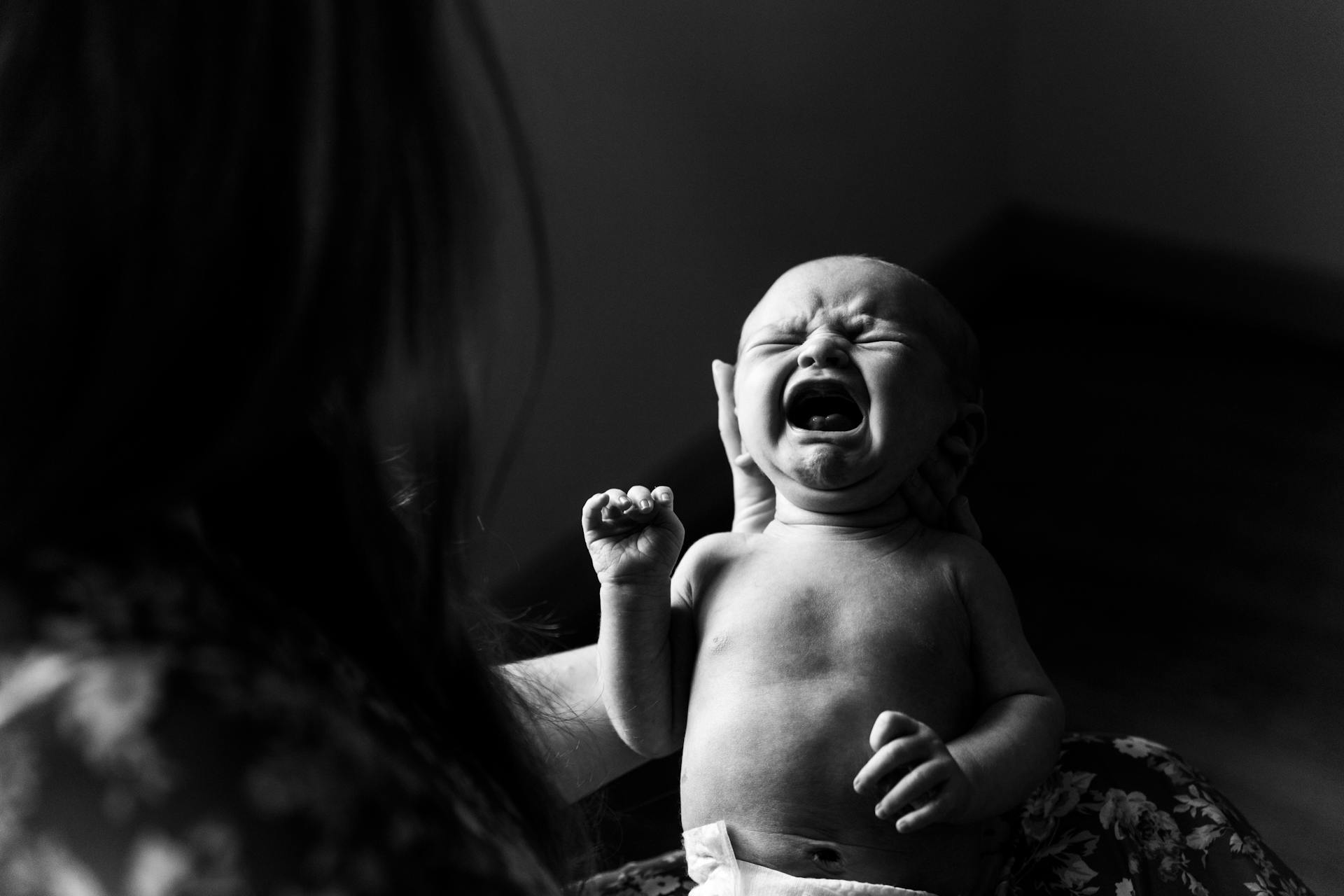
A person holding a crying newborn baby | Source: Pexels
I swallowed hard. I wanted to scream at her. I wanted to ask why she had made me feel like a burden for years, like I owed her something for existing. But I also couldn’t ignore the pain in her voice. It was the first time she had ever let me see it.
She looked up at me, tears still falling.
“Telling you that you were adopted was the only way I could keep my distance from you,” she whispered. “I thought it would be easier if I pretended you weren’t mine. And I was ashamed. Ashamed that your mother died, and I lived.”
My chest ached. All those years, I thought she hated me. And maybe she had, in a way. But now I saw the guilt, the grief, and the years of silence that weighed down her shoulders like anchors.
For the first time in my life, Margaret didn’t seem cold.
She seemed shattered.
I stood up slowly and walked over to her. I didn’t know what I was doing. My arms moved on their own, and I sat beside her. We didn’t hug, but we cried. We sat there, side by side, both broken and bleeding from different wounds.
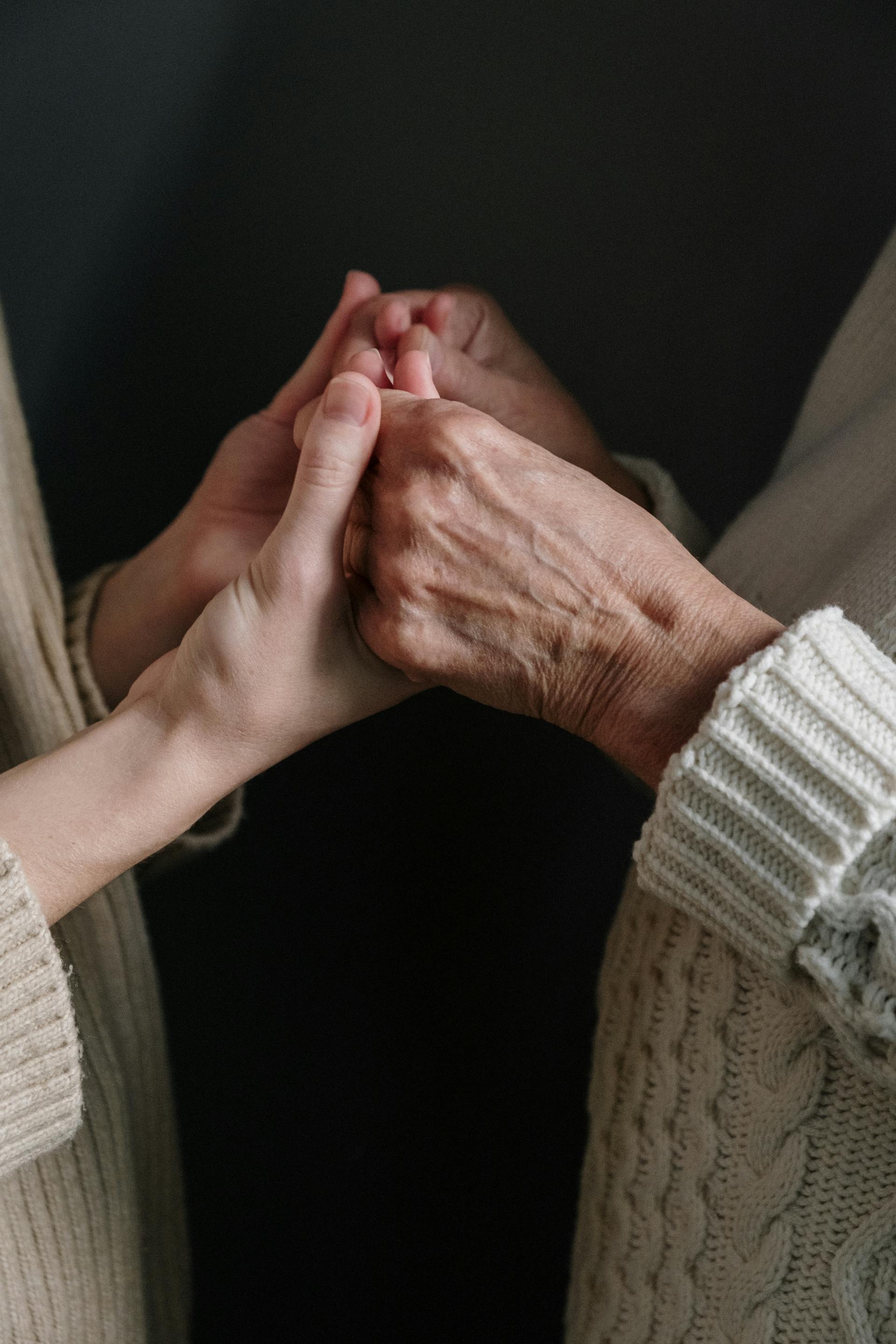
A close-up shot of two women holding hands | Source: Pexels
I didn’t say I forgave her. I wasn’t even sure if I had.
But in that moment, we weren’t enemies. We weren’t strangers pretending to be mother and daughter.
We were two women grieving the same person and maybe, for the first time, understanding each other.
*****
It’s been months since that day.
Margaret and I are still learning how to be a family. It’s awkward. Some days, we fall back into old habits, with stiff conversations and long silences. On other days, we talk about my mom, and it feels like we’re building something new out of the rubble.
I’ve learned my mother’s name was Elise. Margaret showed me an old photo album tucked away in a box in the attic. There weren’t many pictures, but the ones that existed stole my breath.
She had my eyes, my hair, and my smile.
There was one picture where she was visibly pregnant, her hands resting over her belly, her expression so full of hope, I had to look away.
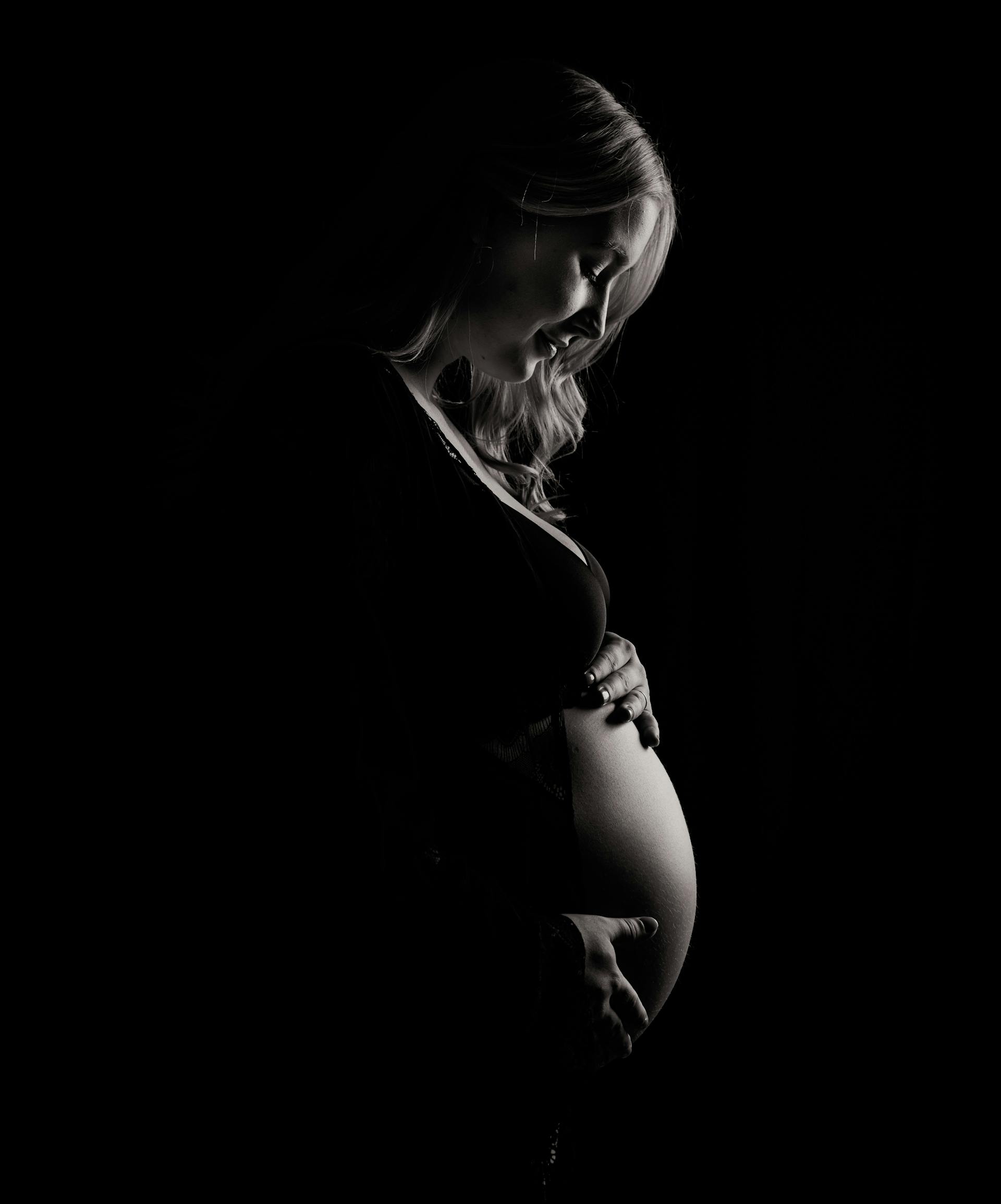
Grayscale shot of a smiling pregnant woman holding her baby bump | Source: Pexels
We visit her grave together now.
The first time was quiet. Margaret brought daisies, Elise’s favorite. I didn’t know what to say. I just stood there, reading her name over and over again, as if that could somehow make her feel real.
Margaret eventually broke the silence.
“She was the brave one,” she said. “I never told her enough.”
We stood there in the wind, neither of us ready to leave.
Now, when we visit, we bring flowers, sometimes snacks, sometimes stories. I talk to Elise in whispers, telling her what’s going on at work, how Hannah’s doing, and which books I’ve been reading. I don’t know if she hears me, but it helps.
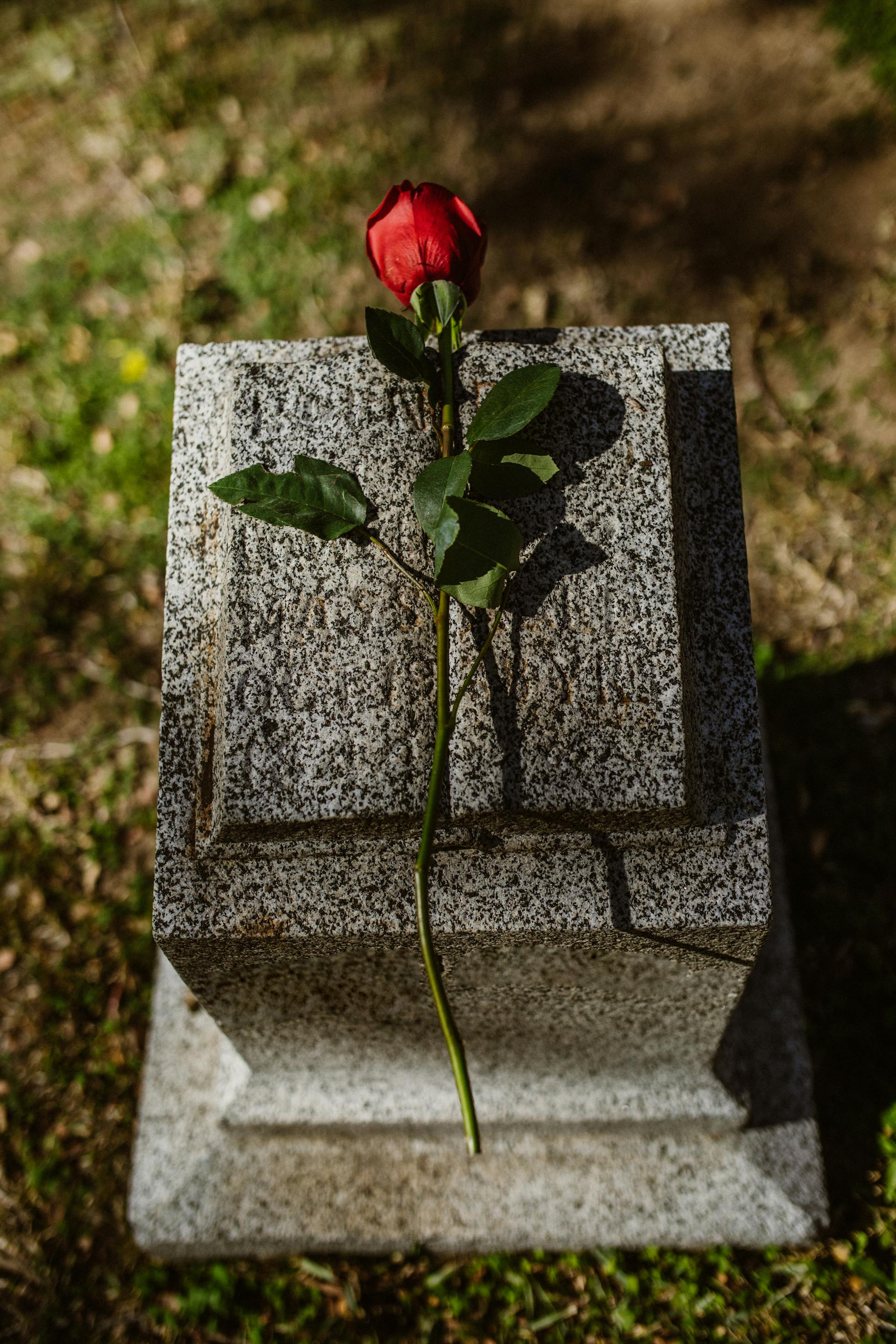
Margaret and I talk more now. Not about everything, but about enough. We talk about forgiveness, about what we lost, and about what we’re still trying to rebuild.
She’s not the mother I dreamed of.
But she stayed.
Even when she didn’t know how to love me, even when she was drowning in grief, she stayed.
And maybe that was her version of love.
It wasn’t kind or gentle. It wasn’t easy.
But she didn’t walk away.
Sometimes love is loud and obvious, with warm hands, sweet words, and open hearts.
And sometimes, love is staying when it hurts. Raising a child when you’re broken. Telling the truth, even when it shatters the only lie that kept you going.
